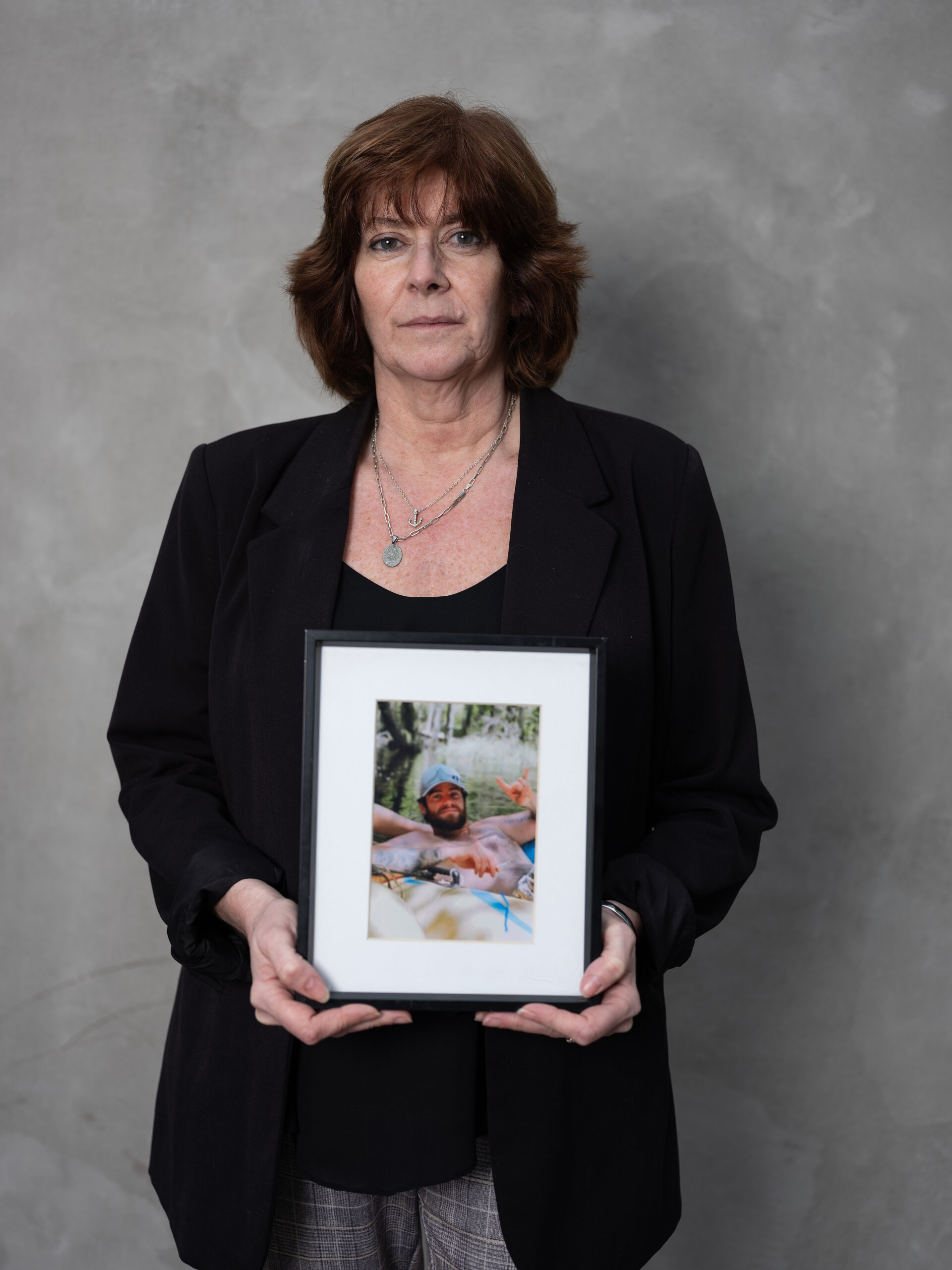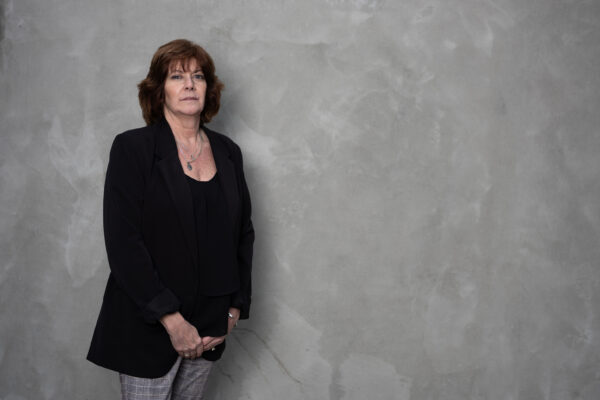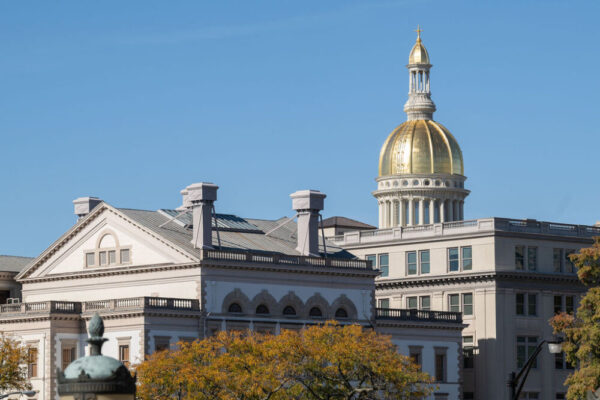The United States has had punitive drug policies in place since the late 1800s, beginning with laws targeting immigrants and Black people. These laws, based in fear and racism, have perpetuated over-policing for more than a century and led to the overdose death crisis. They have proven to be ineffective at reducing drug use and preventing overdose deaths and have instead furthered the marginalization of already vulnerable groups, and actively discourage people from seeking community resources and treatment.
The modern-day drug war began in the 1970s and was devised to control and criminalize Black and brown communities and anti-war protesters. Today, New Jersey continues to spend exorbitant amounts on drug law enforcement at the expense of proven community-based responses. Between 2010 and 2019, New Jersey spent over $1.2 billion annually on policing, prosecution, and incarceration stemming from drug criminalization while nearly 20,000 New Jerseyans died of a drug overdose.
Total departure from punitive policies is mandatory for overdose prevention measures to succeed. New Jersey must adopt public health approaches that prioritize community-based resources and harm reduction infrastructure that are proven to prevent overdose and provide further linkages to care and personal dignity. This is why the ACLU-NJ has called for the decriminalization of all drugs.
To hear more about the human toll that drug criminalization takes, we spoke with Tonia Ahern, Community Coordinator for the National Center for Advocacy and Recovery who has felt the impact of this unjust system firsthand.
ACLU-NJ: The United States has had punitive drug policies in place since the late 1800s, continuing today with the perpetuation of the drug war that was devised to control and criminalize Black and brown communities – can you share how these punitive laws have affected you and/or your community?
Tonia Ahern: The criminalization of drug use has normalized punitive responses to children and adults who use drugs, especially in black and brown communities. We’ve been told that punishment will “fix” someone but what it has actually done is added trauma to people who may already have experienced trauma in their lives. Criminal justice involvement creates barriers to access education, healthcare, employment, housing, etc., making it more difficult to be well.
I continue to help family members who believe that jail will save their loved one. Sadly, this idea is supported by people who have been incarcerated and have been told, and believe, that jail saved their lives. They believe that all of the barriers and challenges that resulted from their involvement in the criminal justice system are what they deserved. They are taught that they should be grateful and accept the consequences as the solution to their bad behavior.
The most difficult group to educate about decriminalization is the recovery community and families. As much as they talk about the power of connection, they still believe jail is how we control people.
ACLU-NJ: Can you imagine a future where New Jersey prioritizes the humanity and dignity of people who use drugs? What does that future look like? What does decriminalizing drugs mean to you?
TA: Decriminalization changes how we respond to people who use drugs by putting the focus on resources and support that is specific to the individual. It would stop forced treatment that is often not appropriate and instead work on individual need. The treatment industry fed by mandated treatment would have to change to be person-centered. A program’s success would be based on patient experiencing positive outcomes, much like physical healthcare. No one wants to go to a doctor with a bad rating. We force people to go to treatment for substance use at programs with horrible reputations.
We could meet people where they are and keep them from harm while we support them and treat them with kindness and compassion. It would help to end the dehumanization that is rampant in the judicial system, treatment, and healthcare.
ACLU-NJ: Research shows that harm reduction strategies – like syringe access programs, safer supply, access to naloxone, etc. – prevent overdose and provide further links to care and community resources for those who request it. Can you tell us how harm reduction programs – or a lack thereof – may have impacted your life?
TA: I had no real education on harm reduction for the first 10 years of Rory, my son, using drugs. The Overdose Prevention Act was my first experience in harm reduction, although we didn’t call it that. Naloxone saved my son’s life many times, but I didn’t understand the importance of syringe access. In fact, if I found new syringes, I threw them away thinking I was keeping him from using, not keeping him from harm.
I recently toured OnPoint NYC, the first overdose prevention center (OPC) in the United States. There was no denying how people who visited the center were affected by the love and acceptance of the staff. People were waiting to see counselors and talking with staff. There was mutual respect, and many were waiting to see a counselor or in the holistic treatment space getting care. An OPC would not fit every community but the way they responded to people should be the norm.
Rory often talked about the dehumanization. I believe that if he had been treated differently and had not been labeled a felon as a result of his personal use, his life would have looked much different. Instead, his life was filled with pain and grief for all the things he never got to experience. He was controlled by the court system and had no say over his own treatment.

Tonia Ahern holding a photo of her son Rory, March 2024
Photo Credit: Christopher Lopez
ACLU-NJ: In a time of rampant misinformation and rejection of facts, assumptions are made every day about drugs and people who use drugs. Can you share how those assumptions have appeared for you/in your work and how you’ve challenged them?
TA: It’s a challenge to constantly try to educate people who have a hard time changing what they have been told for years about drug use. When many in the medical field don’t accept studies and evidence that debunk what they may have learned or believed in the past, it is difficult to get others to accept the evidence. Treatment programs and courts force people into support programs filled with people in recovery who do not accept medications or put limitations on the time and dose and be considered in recovery.
Legislators continue to write bills with stigmatizing language and include descriptions of what they have been taught define recovery. They create barriers for people to expunge records as a way to protect society from people with drug charges, not understanding how felony charges affect people’s lives.
I’m always looking at innovative ways to educate. NCAAR has been creating webinars with partners to reach more communities through their contacts. Storytelling is powerful. But stigmatizing language, promoting personal solutions as the solution for all, and disputing science can keep us stuck in a system that uses punitive consequences that create further harm.



